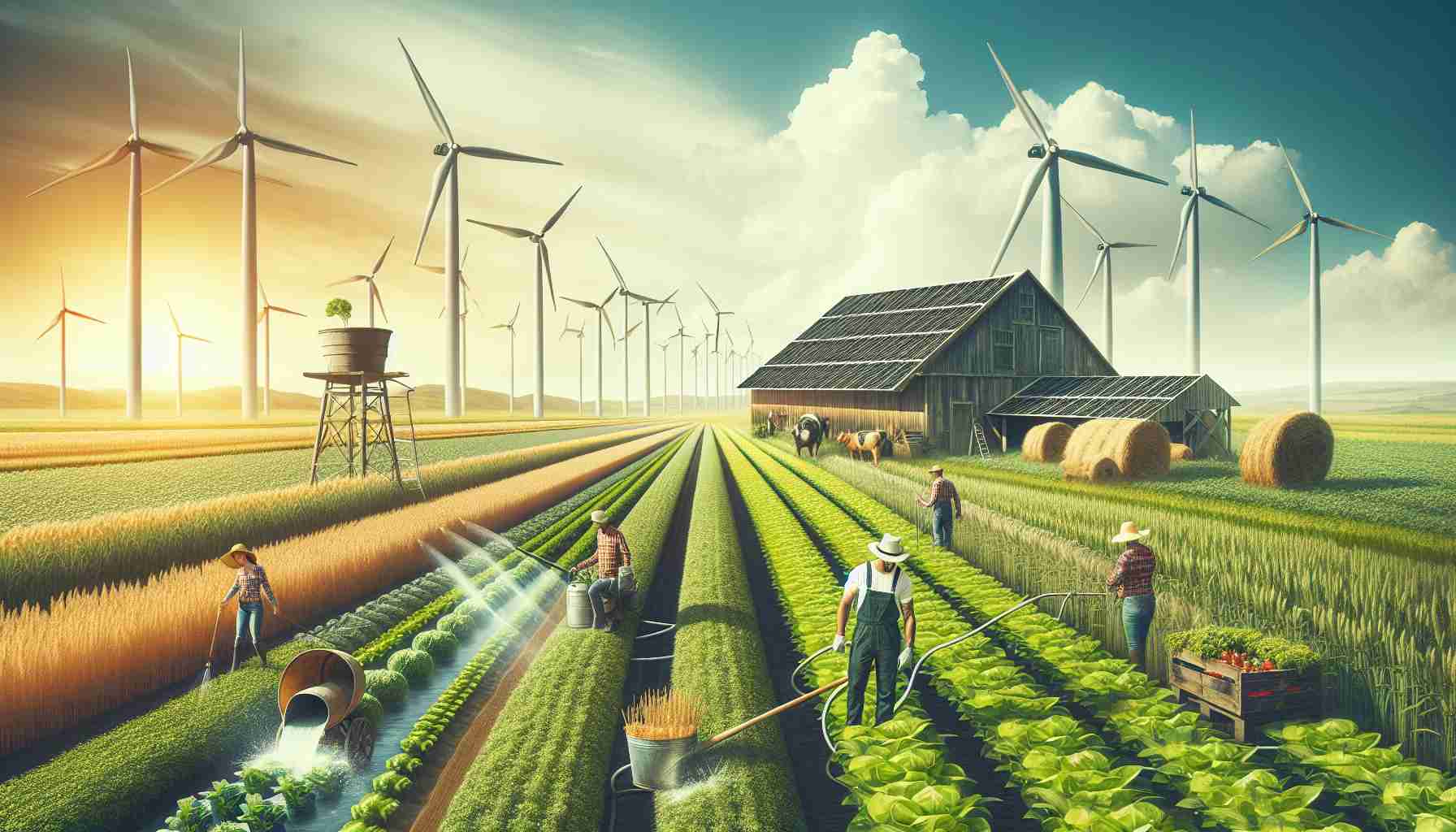Sustainable farming practices have emerged as a vital focus for farmers worldwide. As the world grapples with the consequences of climate change and environmental degradation, it is crucial to adopt methods that reduce our ecological footprint and pave the way for a greener future.
Regenerative agriculture is one such innovative approach that is gaining momentum. Unlike traditional sustainability efforts, regenerative agriculture aims to restore and rejuvenate the land rather than merely preserving it. This holistic approach places emphasis on building healthy soil, fostering biodiversity, and enhancing ecosystem services. By employing techniques such as cover cropping, rotational grazing, and organic waste composting, regenerative farmers actively regenerate their farmland, mitigating the negative impacts of conventional agricultural practices.
In addition to regenerative agriculture, precision agriculture plays a key role in sustainable farming. Thanks to technological advancements, farmers can now harness data-driven strategies to optimize crop production and minimize resource waste. By utilizing remote sensing, soil mapping, and variable rate technology, precision agriculture enables farmers to apply fertilizers, pesticides, and water precisely where needed, reducing unnecessary usage. This not only enhances efficiency and productivity but also decreases the harmful environmental consequences associated with chemical runoff and resource overuse.
Moreover, agroforestry is an essential sustainable farming practice that integrates trees and shrubs into agricultural systems. By creating diverse and layered landscapes, agroforestry provides numerous benefits, including natural pest control, carbon sequestration, and improved soil fertility. The harmonious interaction between trees and crops in these systems establishes a balanced and mutually beneficial ecosystem.
In conclusion, sustainable farming practices are crucial for nurturing a greener future. Regenerative agriculture, precision agriculture, and agroforestry are just a few examples of the innovative approaches that farmers worldwide are embracing. By implementing these practices, we can mitigate the negative effects of conventional farming, promote environmental stewardship, and strive towards a more sustainable and robust agricultural system.























